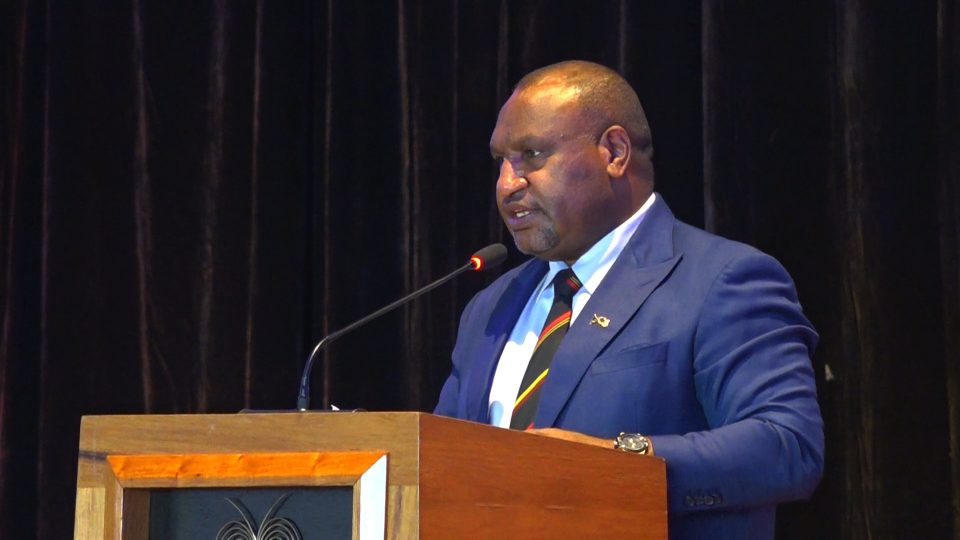The government’s vision to open up the economic corridors of this country can only be realized when these places are linked with proper transport infrastructure.
Connect PNG 2020 – 2040 is a policy that will see the government achieve this vision and will be implemented over a 20-year period at a cost of 20 billion kina.
A consultative meet was hosted today be the Department of Works and Implementation and attended bythe Prime Minister James Marape, Works Minister Michael Nali and other government officials.
Despite the negative economic conditions the country is facing, Prime Minister James Marape urged people to see PNG with optimism and for everyone to be resilient to build the economy and not to deviate from it.
PNG holds a huge potential in different sectors but this potential remains unlocked due to a lack of infrastructure, particularly roads.
The Marape Steven government has identified the need to build roads to connect economic corridors and unlock this potential.
And once these corridors are connected, it can help the country sustain itself during trying economic times. Reliance on the mineral sector can be devastating for the economy and Marape says the country must diversify its economy base.
“We cannot talk about increased productivity in agriculture, we cannot talk about increased productivity in other economic sectors, downstream processing, forestry, marine resources or even hospitality industry like tourism. Our country is second to none in as far as tourism product is concerned. Those potentials can never be truly realized, if we don’t look ahead and plan ahead and try to break this cycle of over reliance on one or two sectors, and when the one or two sectors collapse, then we sit back and complain as we are doing today,” said Marape.
He says Connect PNG 2020-2040 is an ambitious government Policy in the right direction to unbundle the great potential in the country.
PNG has 462 000 square hectares of land and the government is set to visit them in the next 20 years with transport and communication infrastructure through this policy.
He says this can be achieved if it is developed systematically by investing a billion kina every year over the 20 year period by taking one step at a time with an allocation each year.
He stressed the importance of government agencies and departments participating in this to implement the policy.
He says PNG people are hardworking and once they are connected, PNG can be transformed from a subsistence economy to a formal economy.
He also called on donor partners, financiers and other development partners to subscribe to this program and help connect PNG by 2020.
Given the huge potential PNG has in agriculture and tourism, Japan has made its intentions known to buy excess produce from PNG when the foreign minister signed a statement of intent with Prime Minister Marape in his visit last week.


